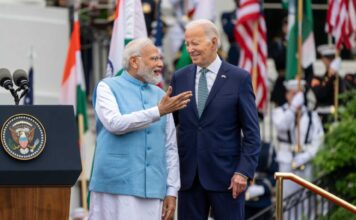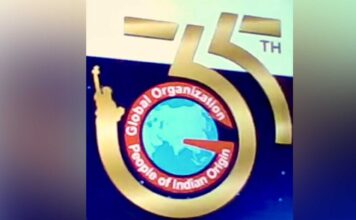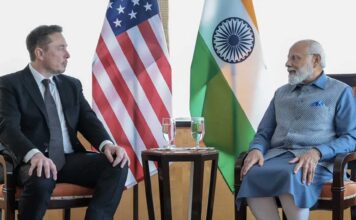A pro-Beijing lawmaker and an academic have called for the central government in Beijing to implement national law and to cut the water supply to Hong Kong in order to stop the “violent protests” in the city.
Junius Ho Kwan-yiu, a pro-Beijing lawmaker, said on Tuesday that he hoped the central government could declare Hong Kong is in a state of emergency and issue an order applying the relevant national laws to the region.
He said according to Article 18 of the Basic Law, the central government can implement some national laws, such as national security and anti-terrorism laws, in Hong Kong in order to extradite arrested protesters to China.
Ho added that such a move did not mean that the “one country two systems” would end, but in fact strengthen Hong Kong.
Ho’s suggestion was made on the same day that Chief Executive Carrie Lam Cheng Yuet-ngor said the Hong Kong government would consider all legal tools, including the Emergency Regulations Ordinance, to stop “riots” in the city. The ordinance can confer on the Chief Executive in the Executive Council the power to make regulations during an emergency or when there was a danger to the public.
However, the central government had confidence that the Hong Kong police could contain the situation, but that does not mean Beijing would not take action, Zhang Xiaoming, director of the State Council’s Hong Kong and Macau Affairs Office, said in a closed-door forum with about 500 pro-establishment lawmakers and Hong Kong delegates of the National People’s Congress at the Chinese People’s Political Consultative Conference on August 7.
If Hong Kong faces a chaotic situation, People’s Liberation Army troops would be sent to Hong Kong, he said. However, he added that now was not a suitable time.
Zhang’s message was passed to the Hong Kong media by some Pro-Beijing heavyweights such as Maria Tam Wai-chu, deputy director of the Basic Law Committee, and Elsie Leung Oi-sie, former Secretary for Justice of Hong Kong.
After Kong Kong’s airport was occupied by protesters between August 9 and 13, people expected Hong Kong authorities to respond to the five demands they had made – the complete withdrawal of the extradition bill, the withdrawal of “riot” charges laid against people who took part in protests on June 12, the establishment of an independent probe into events during the three months of protests and the release of all arrested protesters and the implementation of universal suffrage.
However, Lam declined to address the demands and only set up a communication platform, which contains mainly pro-establishment members. Clashes between the police and protesters escalated again on August 24 and 25. On August 27, the G7 leaders said in a declaration that they reaffirm the existence and importance of the Sino-British Joint Declaration of 1984 on Hong Kong and called for violence to be avoided.













